Cobalt mining: the dark side of the metal race
Apple and Google are being sued over alleged child labour in mines in Congo
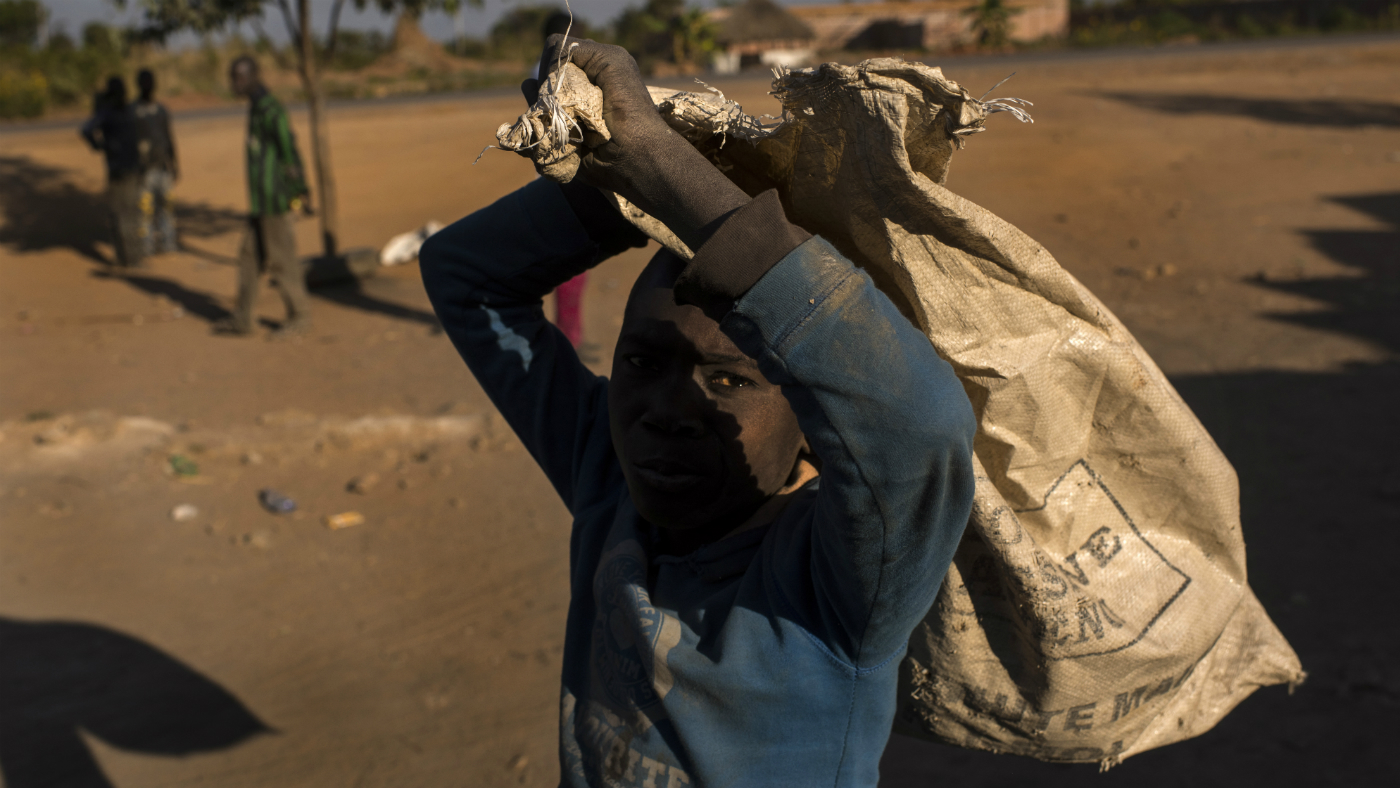
A free daily email with the biggest news stories of the day – and the best features from TheWeek.com
You are now subscribed
Your newsletter sign-up was successful
Apple, Google, Tesla, Microsoft and Dell are being accused of aiding and abetting the use of child labour in cobalt mines in the Democratic Republic of Congo (DRC).
The tech giants have been named as defendants in a landmark lawsuit filed in Washington D.C. by the International Rights Advocates organisation on behalf of 14 parents and children in the Central African nation.
Court documents allege that the multibillion-dollar companies are complicit in the death or injury of hundreds of children used to mine cobalt, a mineral vital to the production of the lithium-ion batteries used in the firms products.
The Week
Escape your echo chamber. Get the facts behind the news, plus analysis from multiple perspectives.

Sign up for The Week's Free Newsletters
From our morning news briefing to a weekly Good News Newsletter, get the best of The Week delivered directly to your inbox.
From our morning news briefing to a weekly Good News Newsletter, get the best of The Week delivered directly to your inbox.
Listen to The Week discuss cobolt mining on The Week Unwrapped podcast
What is cobalt and how is it used?
Cobalt is a mineral used in rechargable lithium-ion batteries as one of the components of the cathode, along with lithium.
Such batteries are found in mobile phones, tablets and other consumer devices, and the “same fundamental technology is used in electric vehicle batteries and in battery storage sites”, says energy industry news site Network.
A free daily email with the biggest news stories of the day – and the best features from TheWeek.com
As The Guardian explains, cobalt is “essential to power the rechargeable lithium batteries used in millions of products” sold by tech firms every year. “The insatiable demand for cobalt, driven by desire for cheap handheld technology, has tripled in the past five years and is expected to double again by the end of 2020,” the newspaper reports.
More than 60% of mined cobalt originates in the DRC, one of the world’s poorest nations, where the soaring demand for the precious metal is “at times met by workers, including children, who labour in harsh and dangerous conditions” for as little as the equivalent of £1 a day, The Washington Post reports.
“An estimated 100,000 cobalt miners in Congo use hand tools to dig hundreds of feet underground with little oversight and few safety measures”, resulting in accidents that often cause deaths and injuries, says the newspaper.
Frequent contact with the toxic heavy metal can also cause serious health issues including heart problems, damaged vision and cancer, says educational site Battery University.
What does the lawsuit allege?
The legal claim is being made on behalf of the families of 14 anonymous young plaintiffs, of whom six were killed in tunnel collapses after being driven by poverty to seek work in cobalt mines, while the others suffered life-altering injuries including paralysis.
The families are seeking damages for forced labour, and “compensation for unjust enrichment, negligent supervision and intentional infliction of emotional distress over deaths and disabling injuries in the mines”, says the Network site.
The lawsuit argues that the tech firms “aided and abetted the mining companies that profited from the labour of children”.
The families say in the claim that their children were working illegally in mines owned by firms including British–Swiss multinational Glencore. These mining companies are alleged to have then sold the cobalt to third parties, who in turn sold it to the US tech giants.
The lawsuit is “clear in its allegations that these companies knowingly entered into business with the mining firms despite knowledge of their child labour supply chains”, Vice News reports.
The news site adds that “while these batteries may power renewable technologies necessary to avoid climate apocalypse”, cobalt mining “is done at great cost to the miners, their communities and their ecosystems”.
How have the firms responded?
The firms under fire claim in the small print of their codes of ethics that they use “voluntary programmes” to recruit workers, the Daily Mail reports.
However, Apple has not commented on the specific allegations in the lawsuit. In a statement to CNN, the company said that it remains “deeply committed to the responsible sourcing of materials that go into our products”, and that “since 2016, we have published a full list of our identified cobalt refiners every year, 100% of which are participating in independent third party audits”.
“If a refiner is unable or unwilling to meet our standards, they will be removed from our supply chain. We’ve removed six cobalt refiners in 2019,” a spokesperson added.
Google, whose parent company Alphabet is listed as a defendent, said: “Child labour and endangerment is unacceptable. Our Supplier Code of Conduct strictly prohibits this activity. We are committed to sourcing all materials ethically and eliminating child mining in global supply chains.”
Dell also said in a statement that it is “committed to the responsible sourcing of minerals”, and to “upholding the human rights of workers at any tier of our supply chain and treating them with dignity and respect.”
“We have never knowingly sourced operations using any form of involuntary labor, fraudulent recruiting practices or child labour,” the firm insists.
Glencore said that it was aware of the allegations and that it “does not tolerate any form of child, forced, or compulsory labour”.
Microsoft and Tesla have not yet responded to requests for comment about the newly filed lawsuit, but Tesla suggested as far back as 2017 that it was aware of the issues within the DRC’s cobalt mining industry, and announced plans to develop a battery entirely free of cobalt.
But not everyone is convinced by these responses.
Speaking to the Canadian Broadcasting Corporation (CBC) this week, Siddharth Kara, a public policy lecturer at Harvard University and expert on human trafficking, said: “I say words are all fine and good. But what you say you tolerate and what’s actually happening on the ground are two different things.”
-
 Local elections 2026: where are they and who is expected to win?
Local elections 2026: where are they and who is expected to win?The Explainer Labour is braced for heavy losses and U-turn on postponing some council elections hasn’t helped the party’s prospects
-
 6 of the world’s most accessible destinations
6 of the world’s most accessible destinationsThe Week Recommends Experience all of Berlin, Singapore and Sydney
-
 How the FCC’s ‘equal time’ rule works
How the FCC’s ‘equal time’ rule worksIn the Spotlight The law is at the heart of the Colbert-CBS conflict
-
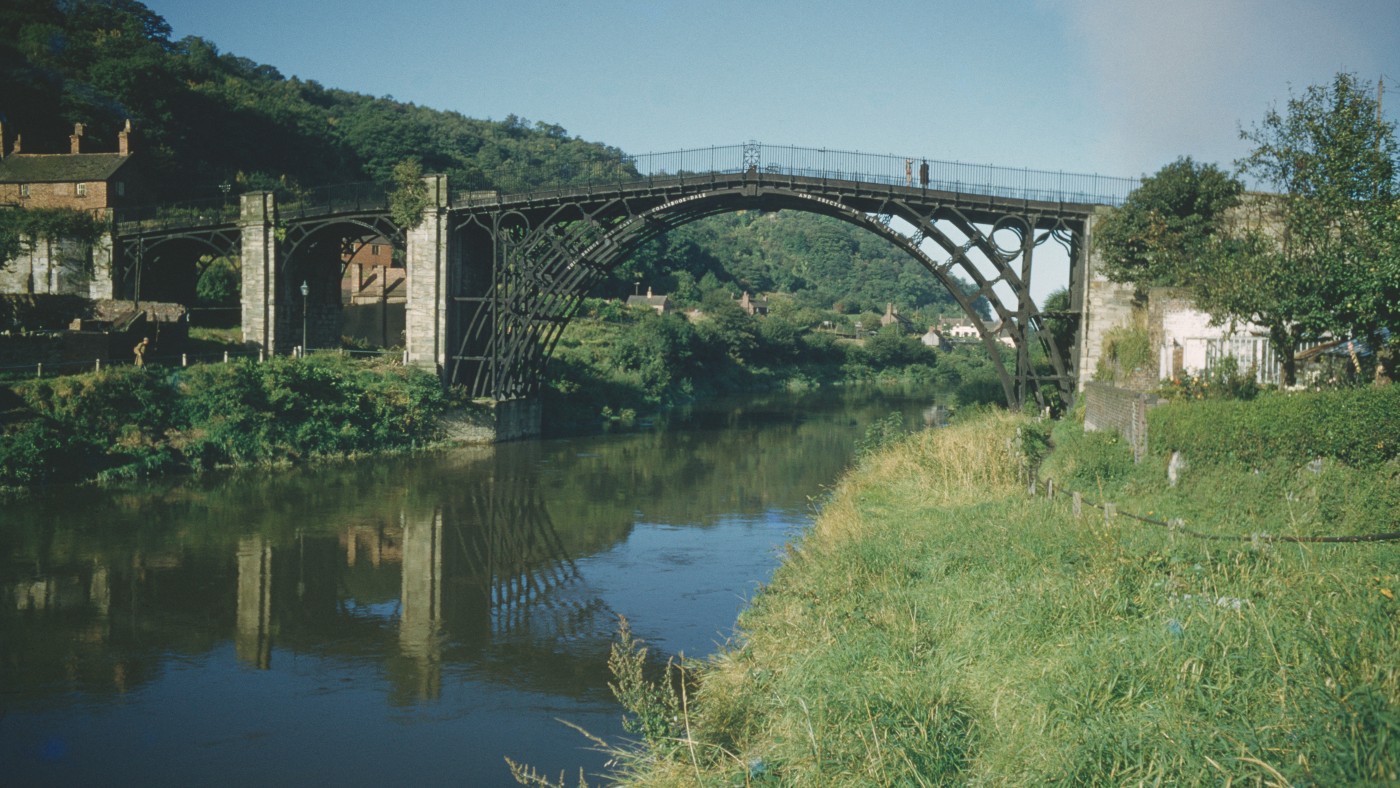 Thieves who stole shopping bag in for big disappointment
Thieves who stole shopping bag in for big disappointmentTall Tales And other stories from the stranger side of life
-
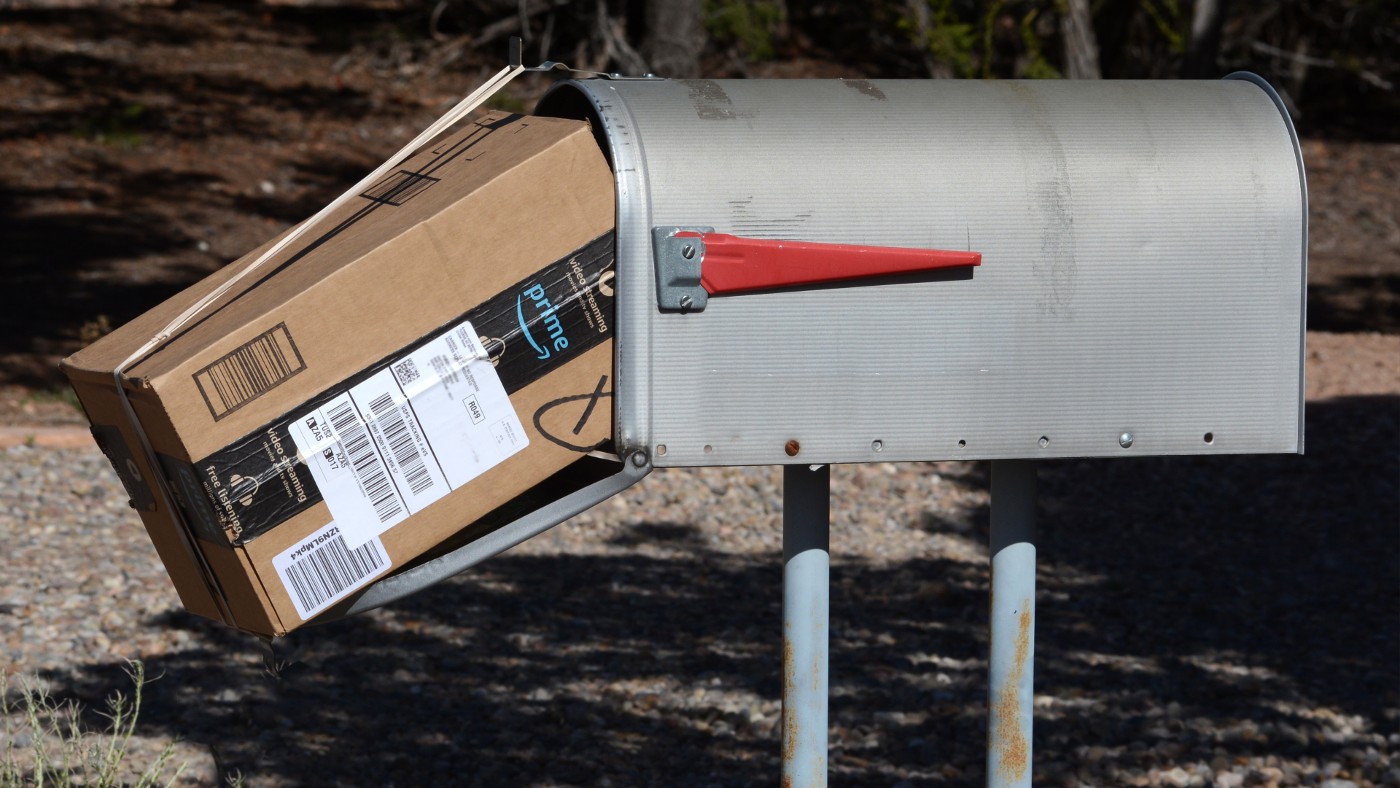 Woman bombarded with Amazon packages she didn’t order
Woman bombarded with Amazon packages she didn’t orderfeature And other stories from the stranger side of life
-
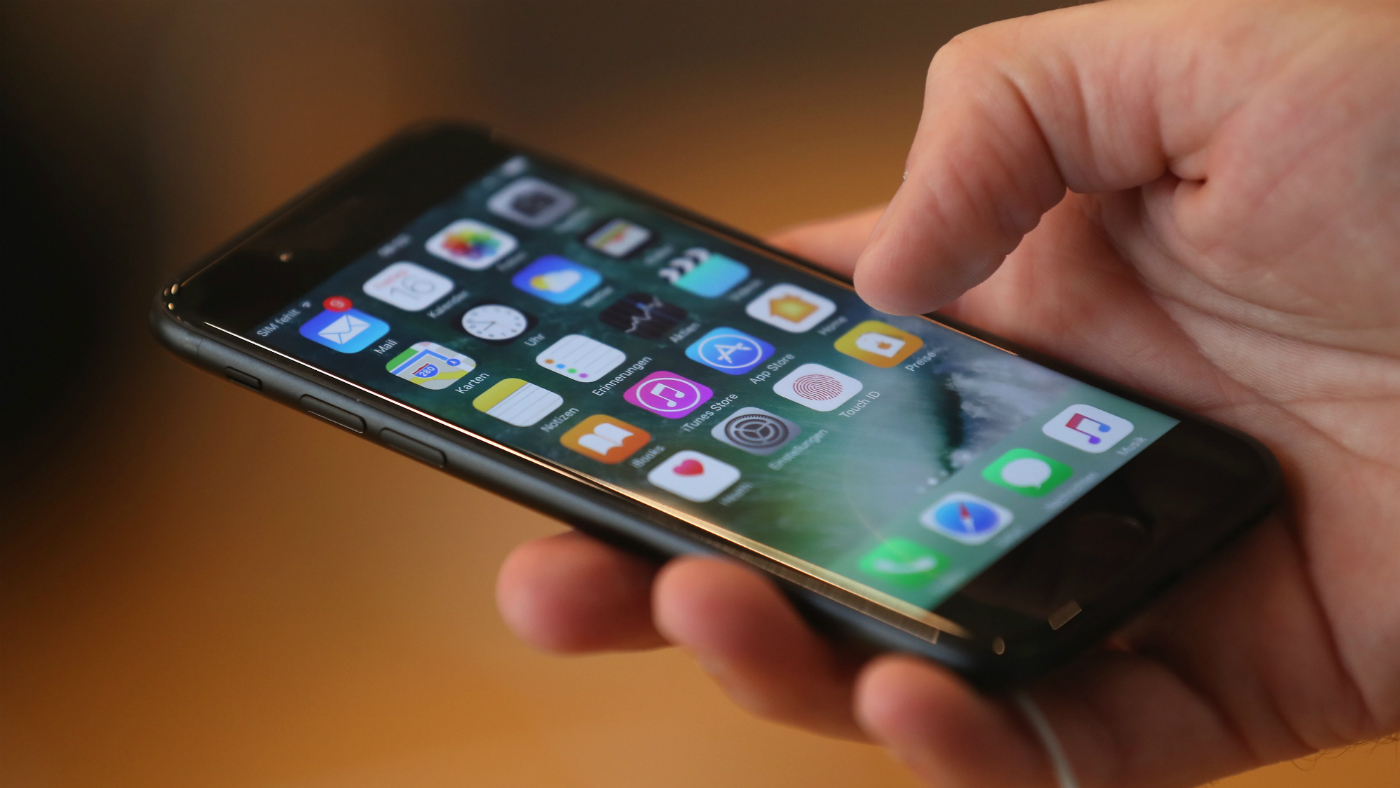 Apple eradicates ‘ducking annoying’ autocorrect
Apple eradicates ‘ducking annoying’ autocorrectfeature And other stories from the stranger side of life
-
 The Week Unwrapped: Korean succession, terror by algorithm and German disquiet
The Week Unwrapped: Korean succession, terror by algorithm and German disquietpodcast Could a 10-year-old girl rule North Korea? Will an Isis victim upend web law? And why is Germany upset with its Oscars contender?
-
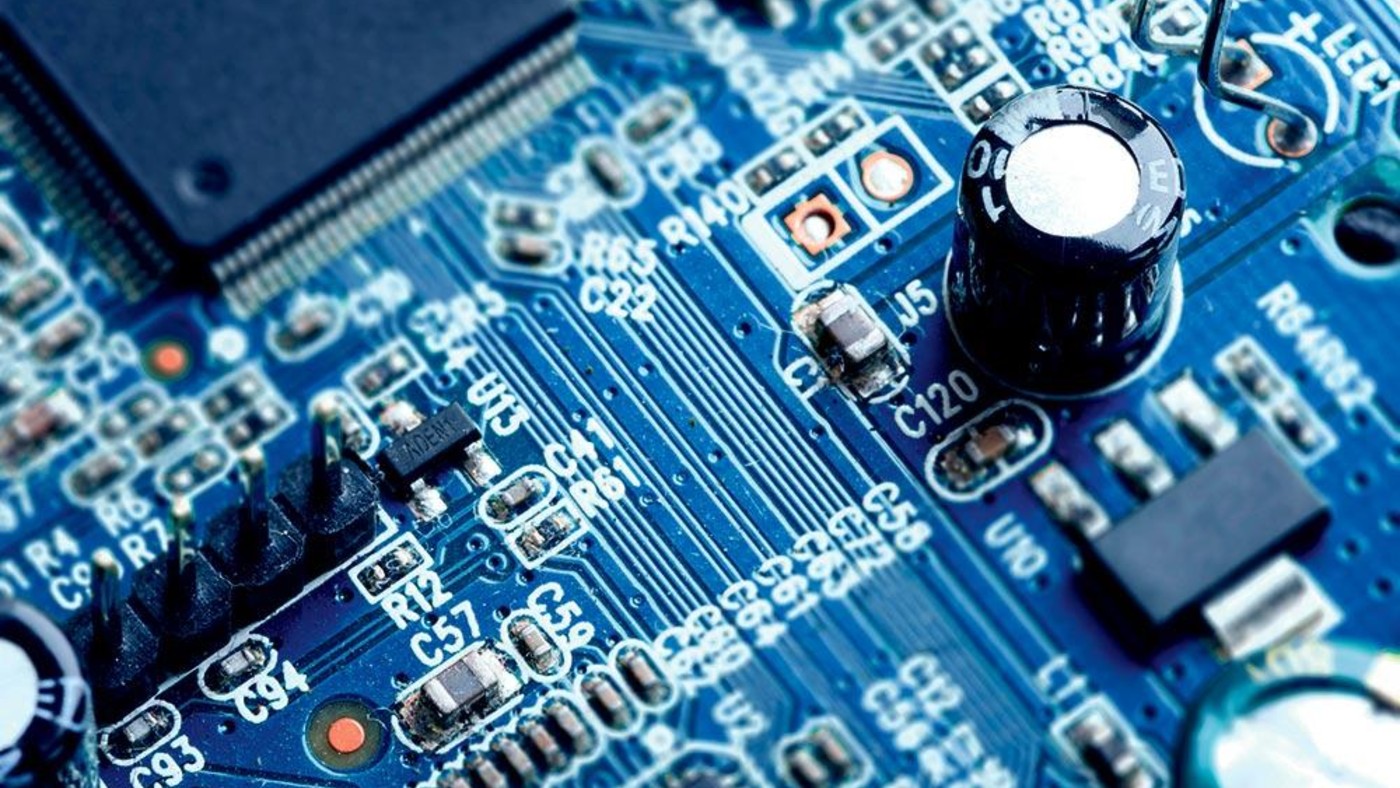 The Week Unwrapped: Chinese chips, the Pope in Africa and podcasting
The Week Unwrapped: Chinese chips, the Pope in Africa and podcastingpodcast Is China losing the microchip war? What is the Vatican doing in South Sudan? And has the podcast tide turned?
-
 The Week Unwrapped: Sex and health, the Earth’s core and another new year
The Week Unwrapped: Sex and health, the Earth’s core and another new yearpodcast Is the NHS failing British women? What’s going on at the centre of our planet? And what’s in a date?
-
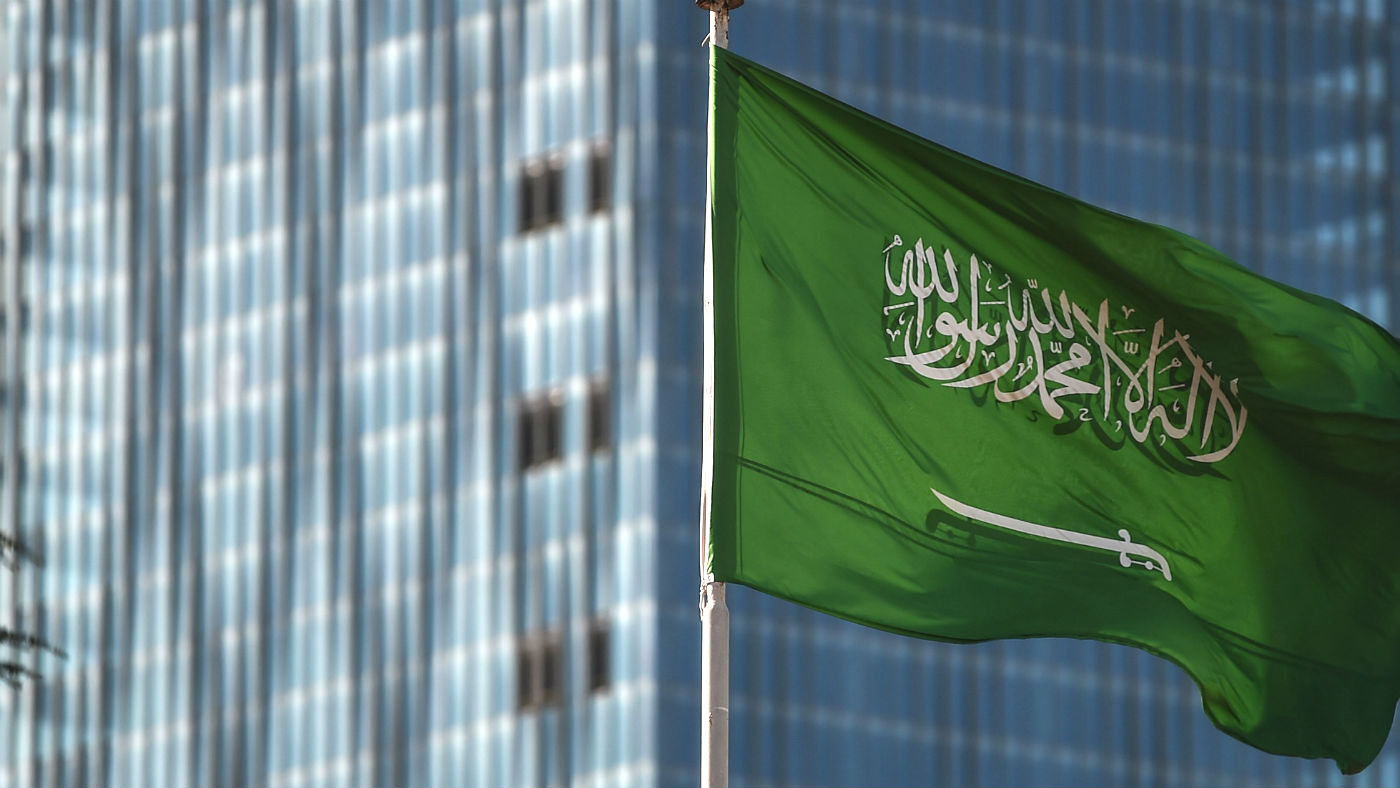 The Week Unwrapped: Antisocial Saudis, hormone therapy and retro tech
The Week Unwrapped: Antisocial Saudis, hormone therapy and retro techpodcast Why is Saudi Arabia investing in – and banning – social networks? Will new research make life easier for trans women? And is the future of technology dumb?
-
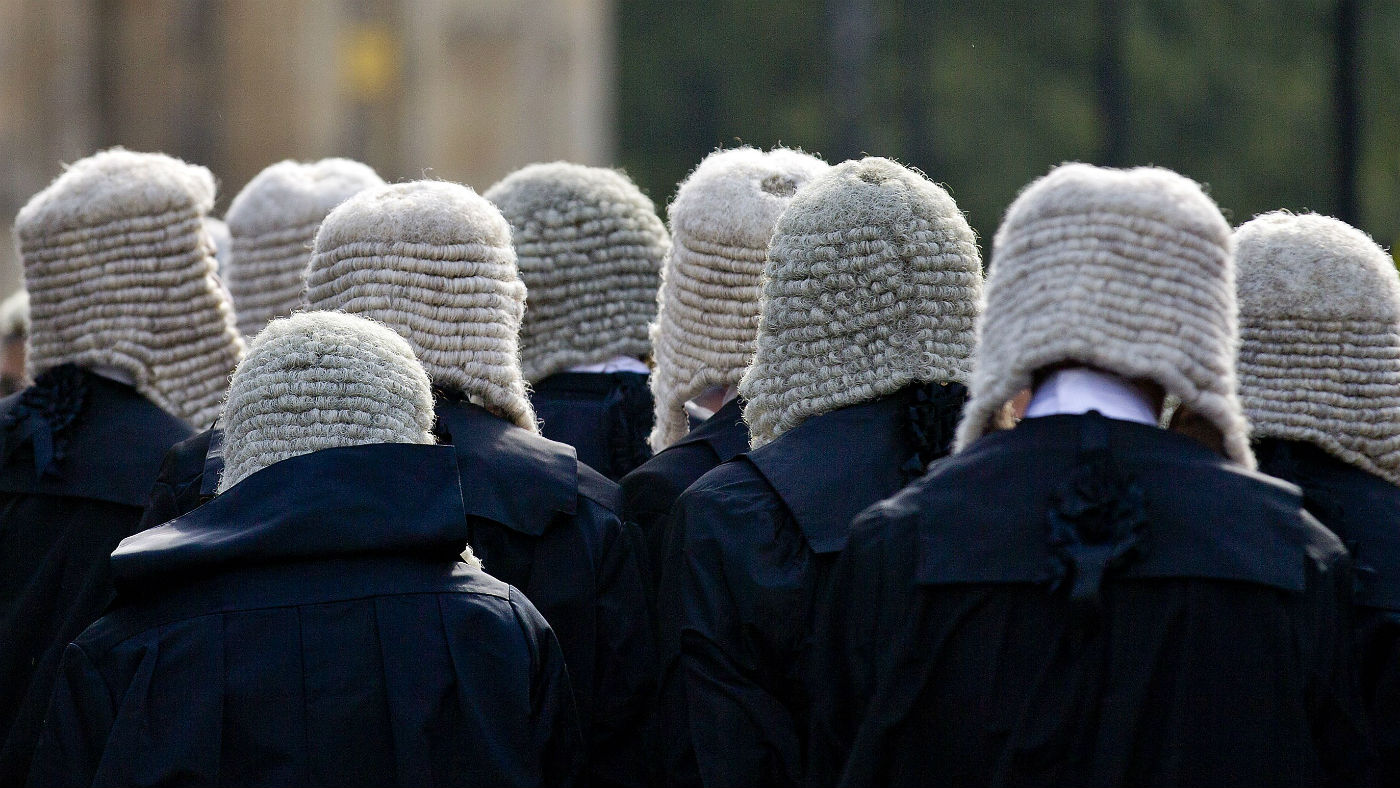 The Week Unwrapped: AI in court, Germans in Taiwan and ghostwriters
The Week Unwrapped: AI in court, Germans in Taiwan and ghostwriterspodcast Could artificial intelligence replace lawyers? What does Taiwan want from Germany? And are ghostwriters becoming less ghostly?